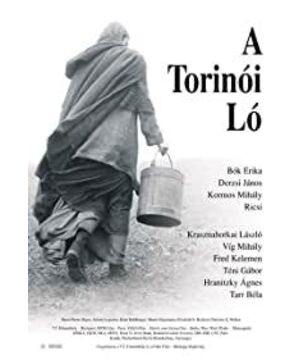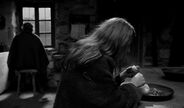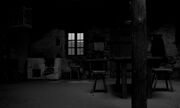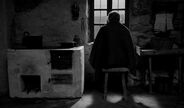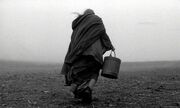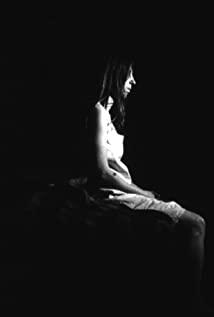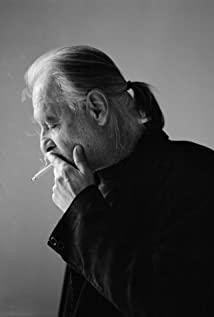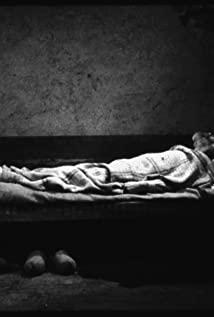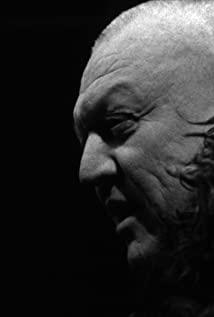What impressed me the most was the first climax, which is also the one with the most dialogue in the film, but it was like a dramatic insertion, which was different from the film's narrative technique but could be integrated, and cleverly explained the outside world for the audience. The world, the world without shooting. A few words are enough.
"Why didn't you go into the city?"
"The city was blown away by the wind."
"How could it be"
"It's already in ruins."
"Why is it in ruins."
And if that's the case, they themselves don't exist! Get it, I think we can say that at this very moment, they're out, they're gone, like the afterglow that burns out on the grass. One is the eternal loser, the other is the eternal winner. Lose, win, fail, win, and then one day, living here, I finally realized that I was wrong before, I used to think that nothing in the world, and there will never be any change, I was wrong. Because, believe me, I know now that this change has happened. "
"Don't think about this, it's all nonsense!" The
old friend talked to the old father about their views without any hesitation, and finally he did come back here. I think he is covering up, covering up his inner incomprehension, desire. He doesn't agree.
In contrast, the two shots can indeed see that the daughter's wisdom is left to the father. The first shot, drinking. The camera did not ignore the daughter, but moved the table far away, so that the daughter was in the camera. The perspective from a distance is the general perspective of women, who are watching from the sidelines. The low lens is like expressing women's forbearance, tolerance, and all obedience is not without thought, but a wise choice that penetrates everything. The second shot, quickly pocketing the money on the desktop, standing in front of the window and watching the old friend leave. There must be a reason for choosing to shoot an old friend's back from a daughter's perspective. Acknowledging, the daughter is a metaphor for identifying with an old friend, or a layer of resistance, and she wants to leave with her. Women are always realists, they know more about survival than anything else.
View more about The Turin Horse reviews


